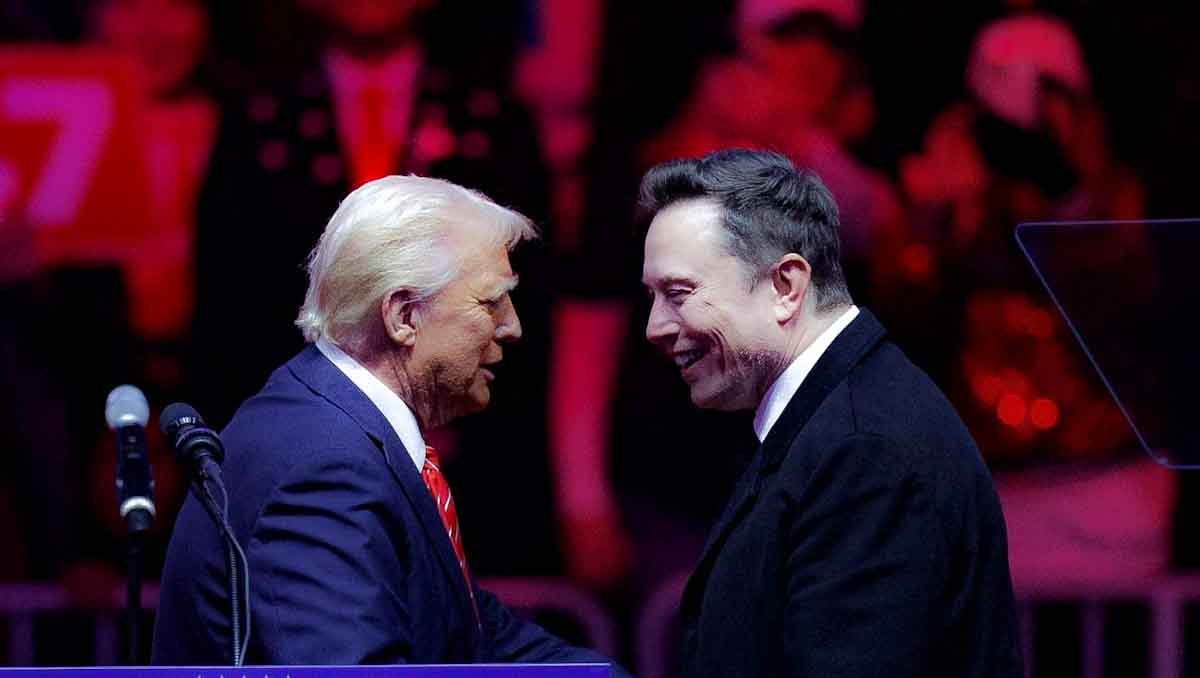Elon Musk, the CEO of Tesla and SpaceX, recently emphasized the importance of competence and caring in government spending.
He highlighted President Donald Trump’s negotiation with Boeing over the new Air Force One as a prime example. By applying these principles, Trump reportedly reduced the project’s cost by $1.6 billion, ensuring better value for American taxpayers.
🚨ELON MUSK: “In order to save taxpayer money it comes down to two things: competence and caring. When the President was shown the outrageous bill for the new Air Force One, if he had not applied competence and caring the price would have literally been 50% higher. When you add… pic.twitter.com/dKxMERUWwO
— Autism Capital 🧩 (@AutismCapital) February 19, 2025
The Air Force One program, initiated to replace the aging presidential aircraft, has faced significant challenges, including delays and budget overruns. Originally slated for delivery in 2024, the new aircraft’s timeline has been pushed to 2027 and 2028.
Boeing, the manufacturer, has incurred over $2 billion in losses due to these setbacks. In response, President Trump has been vocal about his dissatisfaction, even touring a Boeing 747 to underscore the delays. He stated, “Over a course of about four weeks, by my saying I’m not going to do it, I got the price reduced by $1.6 billion for the exact same plane.“
To address these issues, Elon Musk, in his role leading the Department of Government Efficiency (DOGE), has collaborated with Boeing to expedite the aircraft’s delivery.
Boeing CEO Kelly Ortberg mentioned, “The president wants the airplane sooner, and so we’re working with Elon and the team to figure what can we do to pull up the schedule of that aircraft.”
This partnership aims to identify and eliminate inefficiencies in the production process, ensuring timely delivery without compromising quality.
The collaboration between Musk and Boeing reflects a broader strategy to enhance government operations by integrating private sector expertise. Musk’s approach focuses on streamlining processes, reducing unnecessary expenditures, and fostering innovation.
This initiative has already led to significant federal savings, with DOGE implementing cuts that have generated $55 billion in savings by targeting various agencies.
However, the project has not been without controversy. Production issues, such as supply chain disruptions and changing requirements, have contributed to the delays.
Additionally, debates over the aircraft’s design, including its color scheme, have further complicated the process. Despite these challenges, the commitment to delivering a state-of-the-art presidential aircraft remains steadfast.
In summary, the efforts to revamp the Air Force One program underscore the significance of competence and caring in managing government projects.
Through strategic negotiations and collaborative problem-solving, leaders like President Trump and Elon Musk aim to ensure that such initiatives serve the best interests of the American people, both in terms of functionality and fiscal responsibility.
